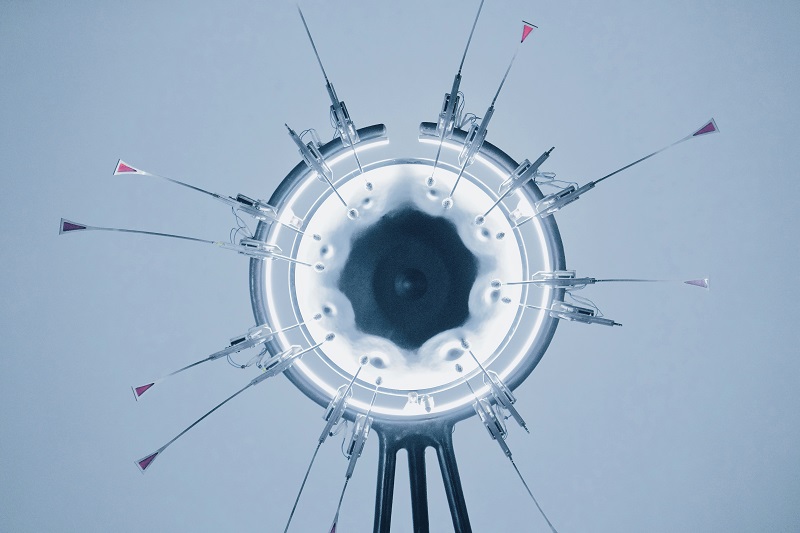Proteins are the workhorses of the human body, carrying out a vast array of functions that keep us alive and thriving. From breaking down the food we eat to defending us against invading pathogens, proteins are the molecular machinery that makes life possible. One protein that has garnered significant attention in recent years is CCR2, a chemokine receptor that plays a central role in our immune response. But what makes CCR2 so special, and how does it influence our health and susceptibility to disease?
What is CCR2?
CCR2, or chemokine receptor type 2, is a protein that sits on the surface of certain immune cells, including monocytes and T cells. Its primary job is to bind to chemokines, small signaling molecules that help direct immune cells to areas of the body where they’re needed. Think of chemokines as the GPS system for your immune response, with CCR2 serving as the receiver that helps your immune cells navigate to their destination.
CCR2’s Role in Immune Response
When CCR2 binds to its corresponding chemokine, CCL2, it triggers a cascade of signals that ultimately lead to the migration of immune cells towards the source of the chemokine. This is crucial for mounting an effective immune response against invading pathogens. For example, during a bacterial infection, CCL2 is produced at the site of infection. Immune cells bearing CCR2 then follow the CCL2 gradient, allowing them to converge on the bacteria and eliminate the threat.
CCR2 and Disease
While CCR2 is essential for fighting off infections, dysregulation of the CCR2/CCL2 axis has been implicated in several diseases. Elevated levels of CCL2 and increased CCR2 expression have been observed in conditions like atherosclerosis, rheumatoid arthritis, and multiple sclerosis. In these cases, the overactive CCR2/CCL2 axis can lead to excessive inflammation, which damages healthy tissues. Researchers believe that modulating CCR2 activity could be a promising strategy for treating these inflammatory disorders.
Recent Research: CCR2 Inhibitors Show Promise
In recent years, scientists have made strides in developing CCR2 inhibitors as potential therapeutics. These compounds work by blocking the binding of CCL2 to CCR2, thereby dampening the inflammatory response. One such inhibitor, CCX-279, has shown particular promise. In a 2020 study published in the journal Nature, researchers found that CCX-279 effectively reduced inflammation and improved symptoms in mouse models of multiple sclerosis. While more work is needed to translate these findings to humans, the results suggest that CCR2 inhibitors could be a powerful tool in the fight against inflammatory diseases.
CCR2: More Than Just Immune Response
While CCR2’s role in immunity is well-established, recent research has hinted at its involvement in other physiological processes. For instance, studies have found that CCR2 is also expressed on certain stem cells in the bone marrow, where it helps regulate their mobilization and homing to other tissues. This has implications for our understanding of tissue repair and regeneration. Additionally, CCR2 has been linked to cancer, with some research suggesting that it may promote the migration and metastasis of cancer cells. As scientists continue to unravel the complex biology of CCR2, it’s clear that this protein’s influence extends far beyond the immune system.
Conclusion
The CCR2 protein is a fascinating player in the complex world of human biology. Its critical role in guiding immune cells makes it an essential component of our body’s defense against disease. Yet, its dysregulation can contribute to a myriad of inflammatory disorders. As researchers develop new CCR2-targeting therapeutics and uncover the protein’s roles in other physiological processes, it’s an exciting time for the study of this multifaceted protein. With continued advances, we may soon see CCR2 inhibitors making their way to the clinic, offering new hope for patients battling inflammatory diseases. The story of CCR2 serves as a powerful reminder of the awe-inspiring complexity of the human body, and the incredible potential that lies in deciphering its secrets.




